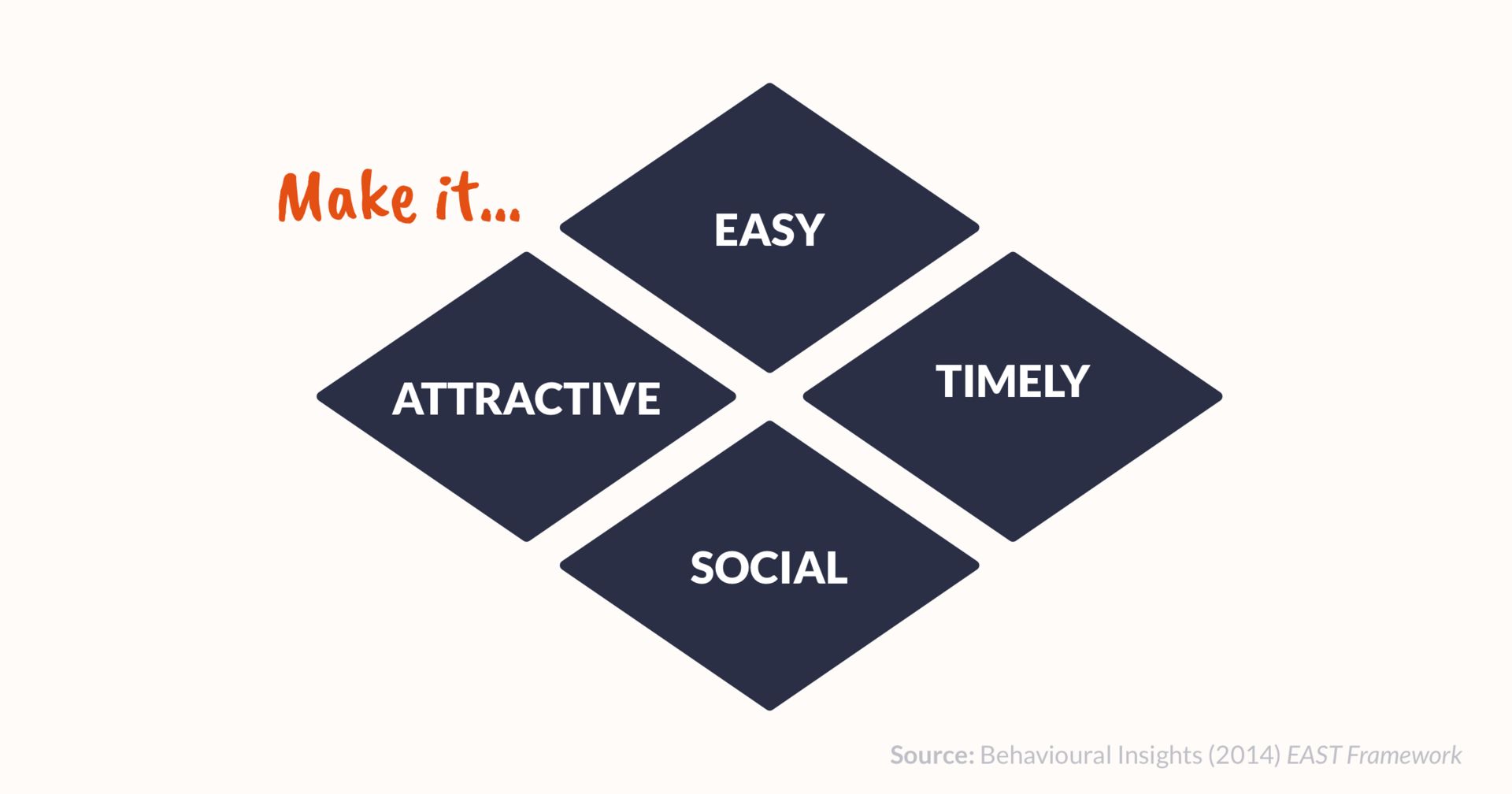- Evidence Snacks
- Posts
- Making PD Stick
Making PD Stick
Securing lasting teacher behaviour change
Hey 👋
Let’s take the sting out of your Thursday with another snack about teacher development…
Big idea 🍉

Teacher learning is mostly the same as student learning. We require the same inputs: exposition, retrieval, feedback etc... and we’re subject to the same constraints: limited attention, varying prior knowledge, and fluctuating motivation...
However, there’s one big difference… teacher development is ultimately about behaviour change. If our behaviour doesn’t change, then student learning won’t change either.
The problem is: change isn’t easy. As humans, we’re naturally resistant to shifting our behaviour. And as teachers, we rely heavily on habits, which make change even harder. Here are 4 evidence-informed principles that can increase the chances that PD (professional development) leads to actual improvement:
1/ Make it Easy (without dumbing it down)
Focus on a small suite of simple routines, to reduce the (already vast) complexity of teaching.
Agree to use the same shared habits, so students adopt routines more quickly and strongly.
2/ Make it Attractive
Secure quick wins and help teachers experience fluency within PD... mastery is motivating.
Detach PD from appraisal, to create a safe space for trying, failing, and improving.
3/ Make it Social
Coach, co-plan, or rehearse with colleagues, for insight, motivation, and accountability.
Celebrate PD through public shoutouts, to raise the status of participation.
4/ Make it Timely
Launch new PD at ‘fresh start’ moments (eg start of term or new year), to capture early momentum.
Link PD to current classroom challenges, so it feels relevant and useful right now.
In the end, professional development isn’t just about knowing more… it’s about doing differently. Real change happens when knowledge becomes habit, and when small, consistent tweaks compound over time.
Note: This framework applies just as powerfully to student behaviour. The more we model these conditions in our own development, the more likely we are to create them for those students in front of us.
🎓 For more, check out the EAST Framework, from the Behavioural Insights Team.
Summary
Improving teaching is partly a behaviour change challenge.
Teacher behaviour is resistant to change—we must approach it intelligently.
Making PD easy, attractive, social, and timely can increase the chances that improvement sticks.
Little updates 🥕
Analysis of 2025 exam results in UK → shows how scores mostly reflect who attends school, reinforcing the need to consider ‘value added’.
Study exploring self- and peer-assessment → finds peer-assessment can boost confidence, reflection, and study skills.
Paper on how curiosity affects metacognition → suggests that curiosity guides self-monitoring and control, improving learning and decision-making.
Report on socio-economic disparities in UK SEND system → argues poor families experience systemic barriers AND poorer outcomes (a ‘double disadvantage').
Upgrade your evidence edge → Get Snacks PRO
Have a lovely peaceful half-term and I’ll see you on the other side.
Peps 👊
PS. I’m trying to get a sense of the range of ways that schools are codifying teaching. If you have an instructional ‘playbook’ or similar, I’d love to see it… (don’t worry, I won’t share it publicly)